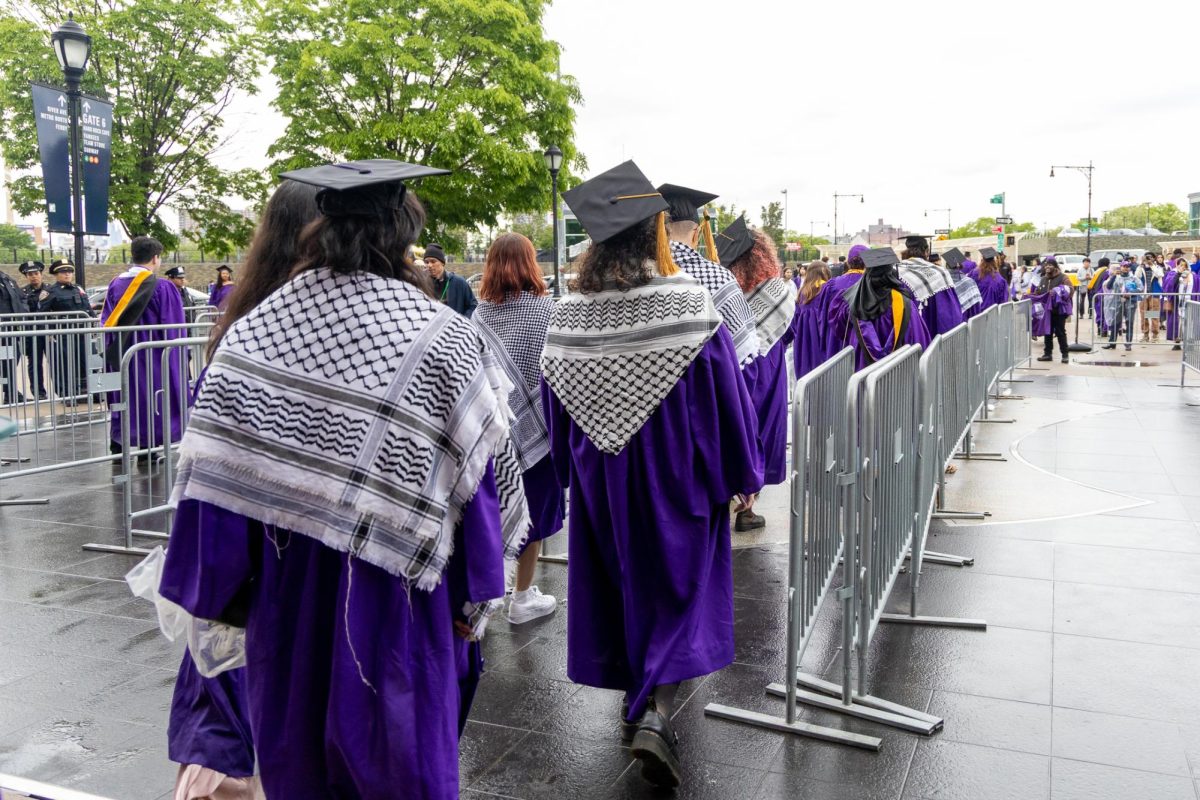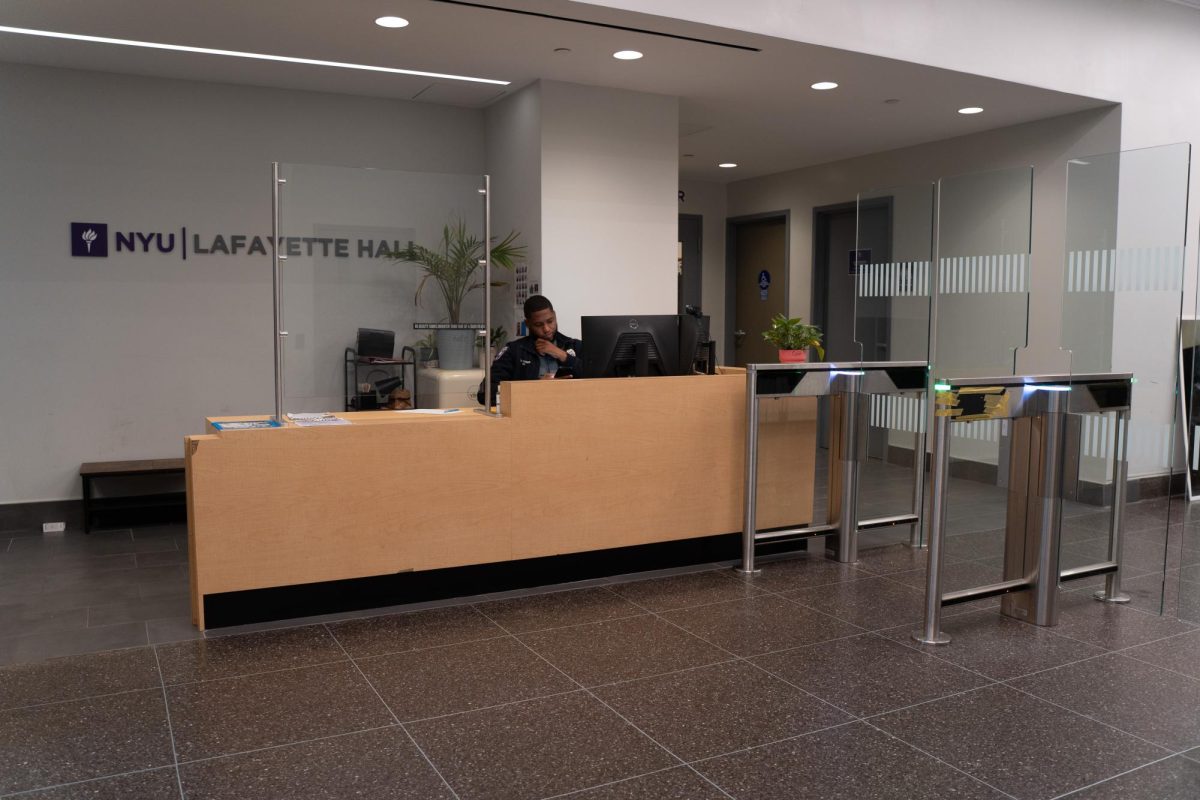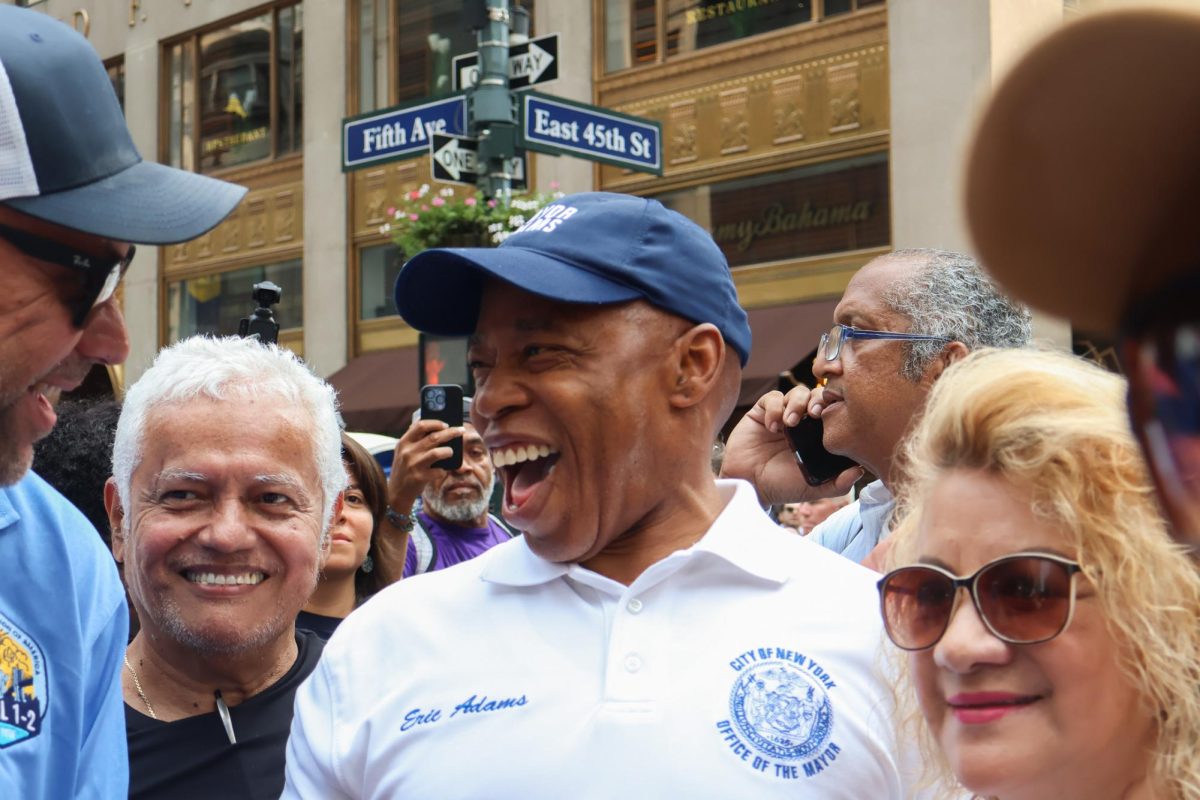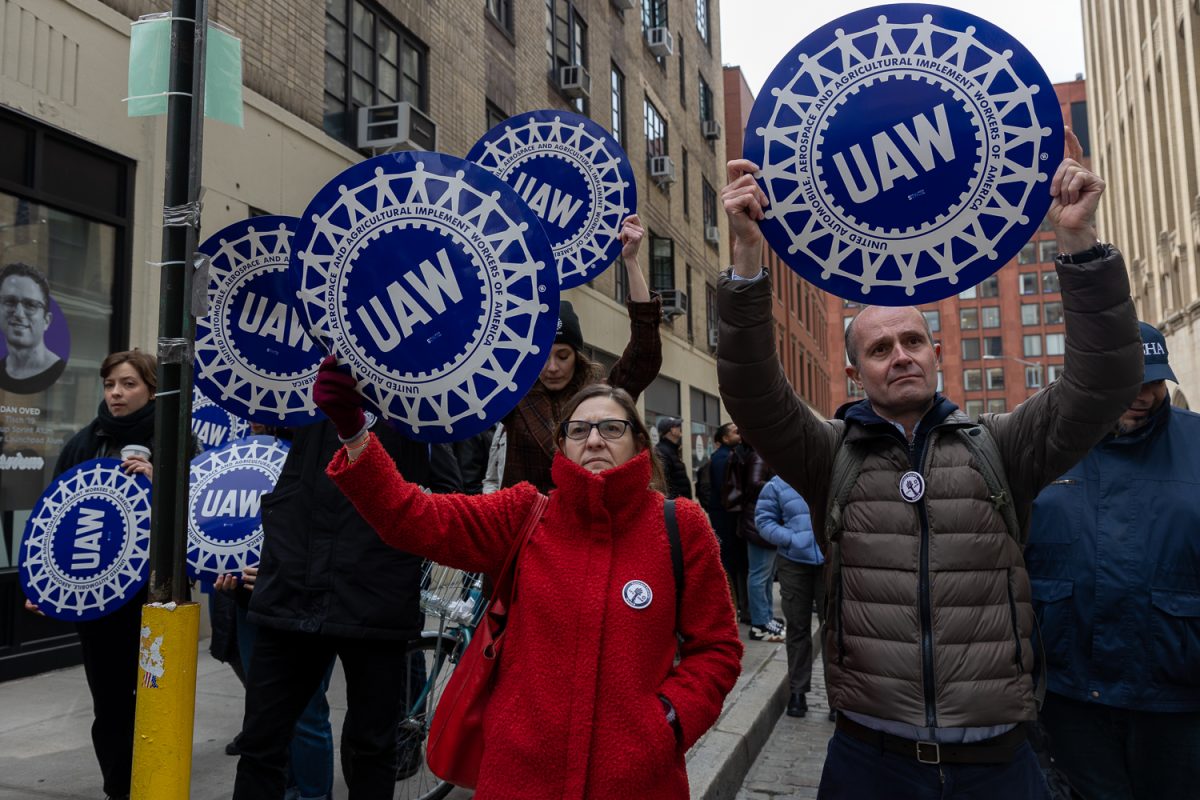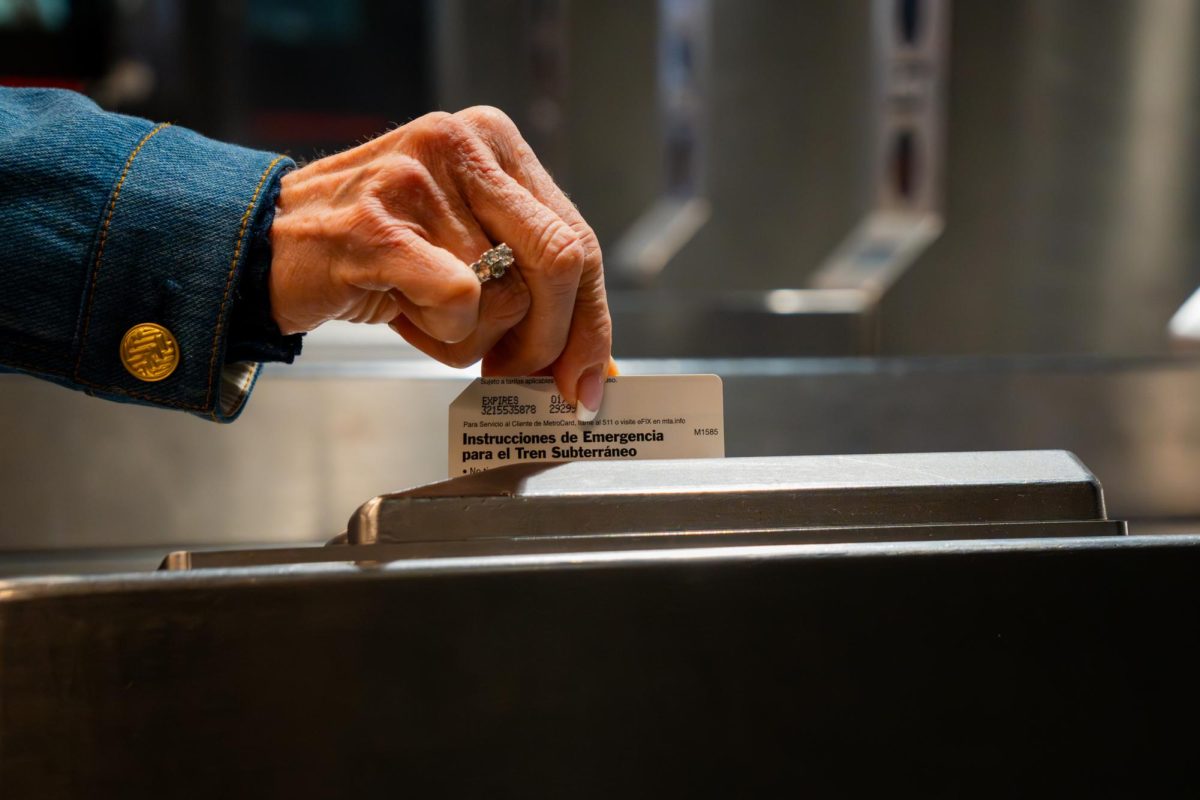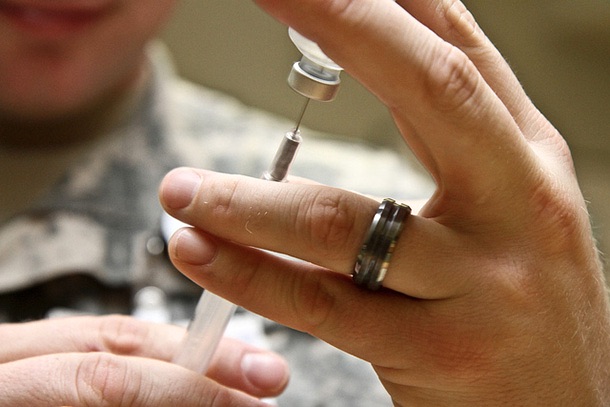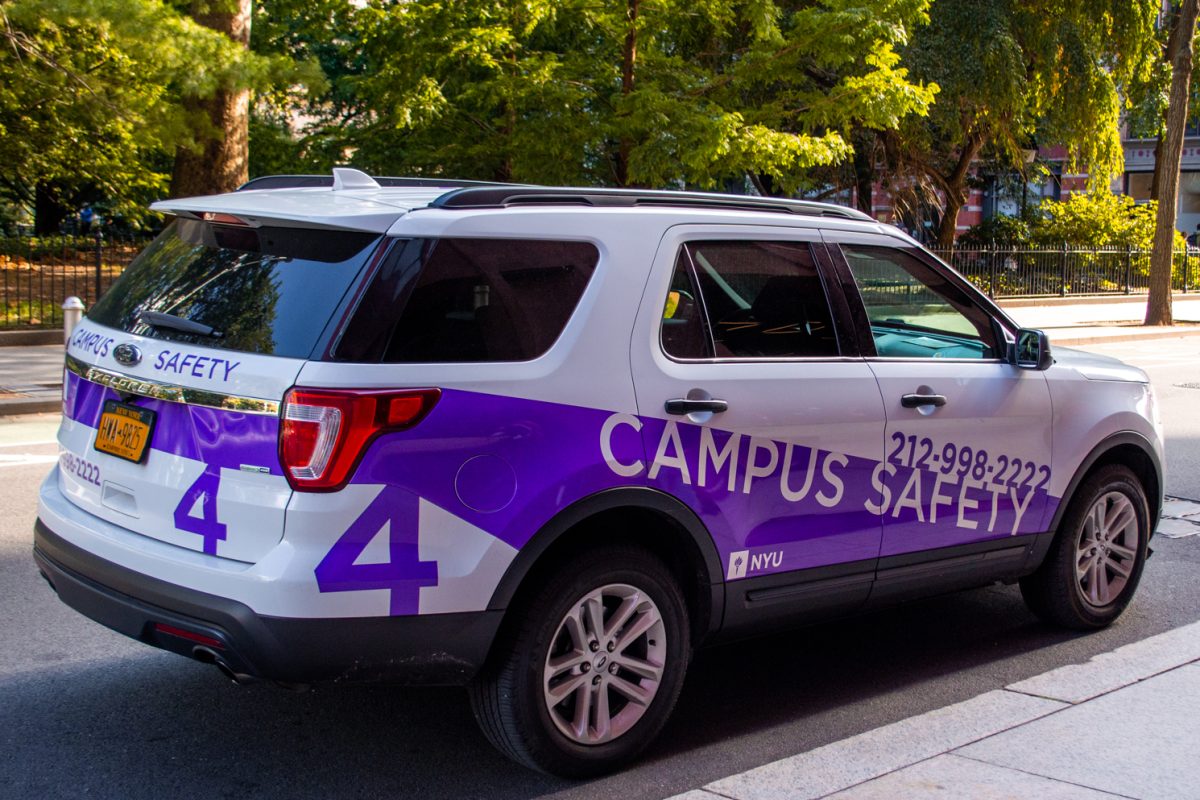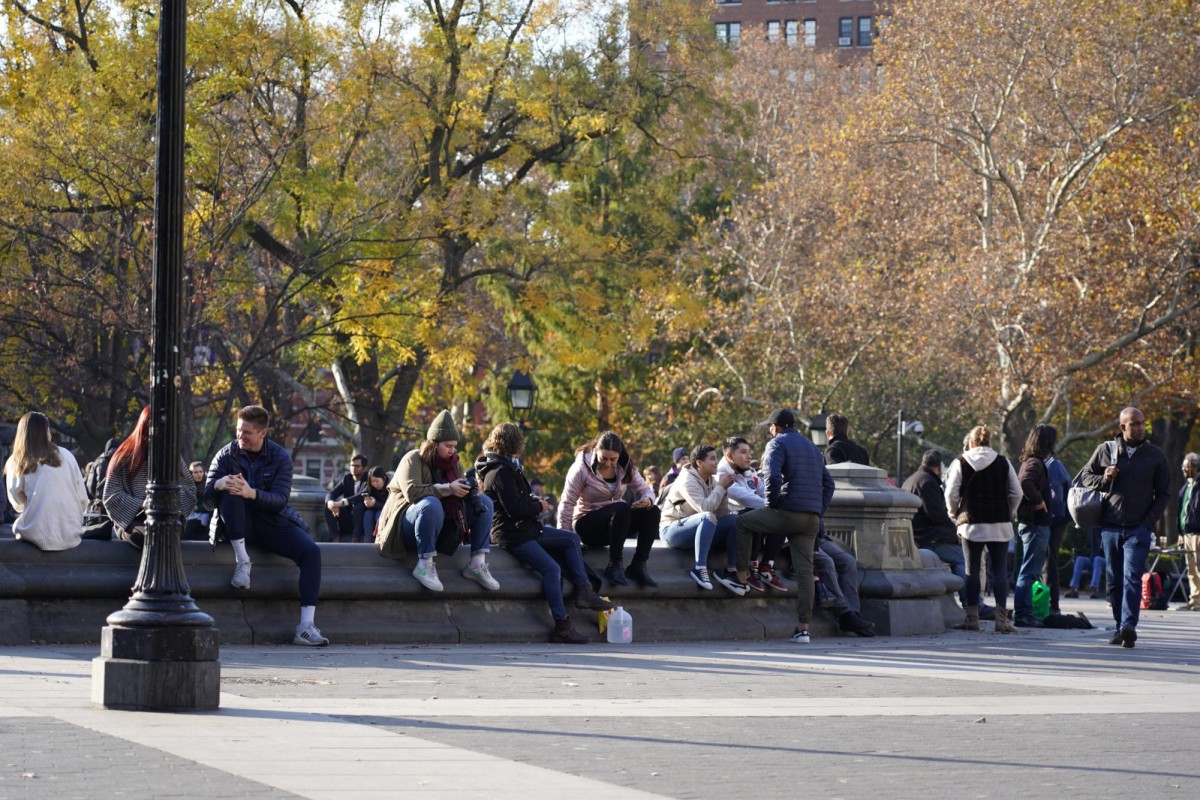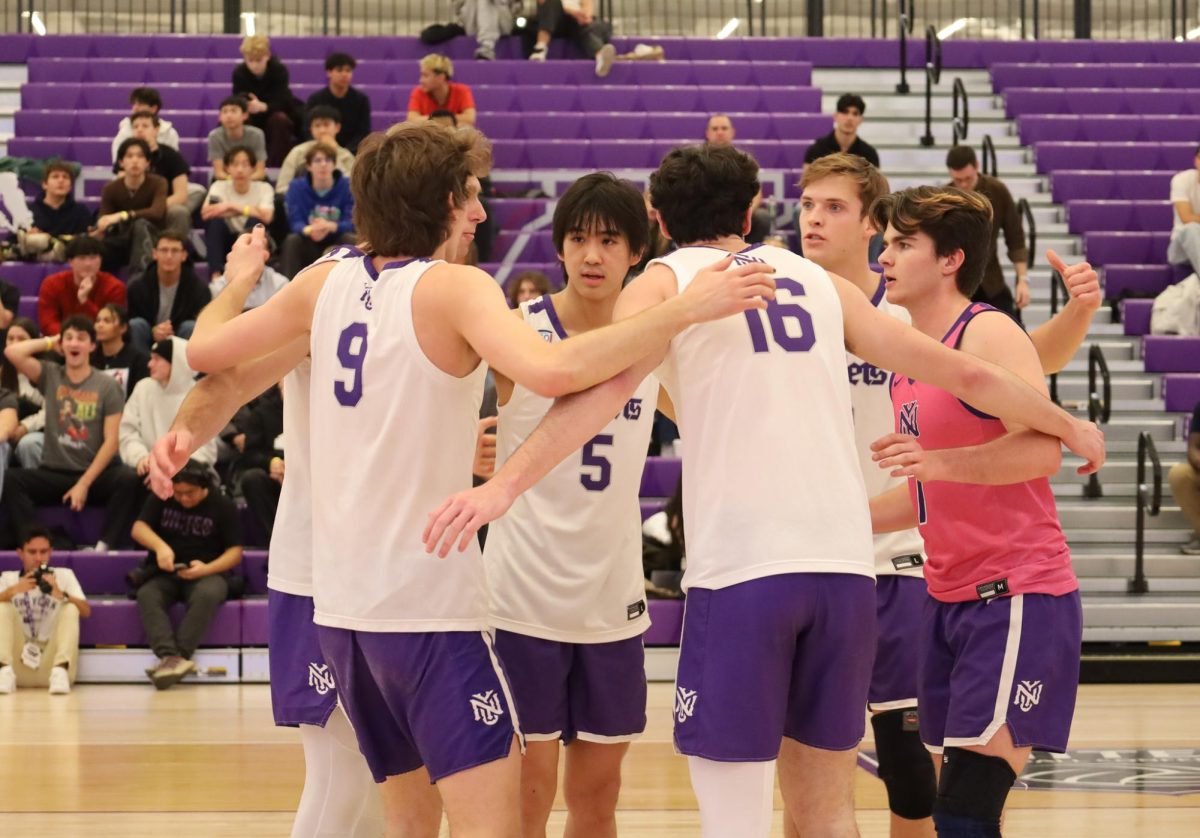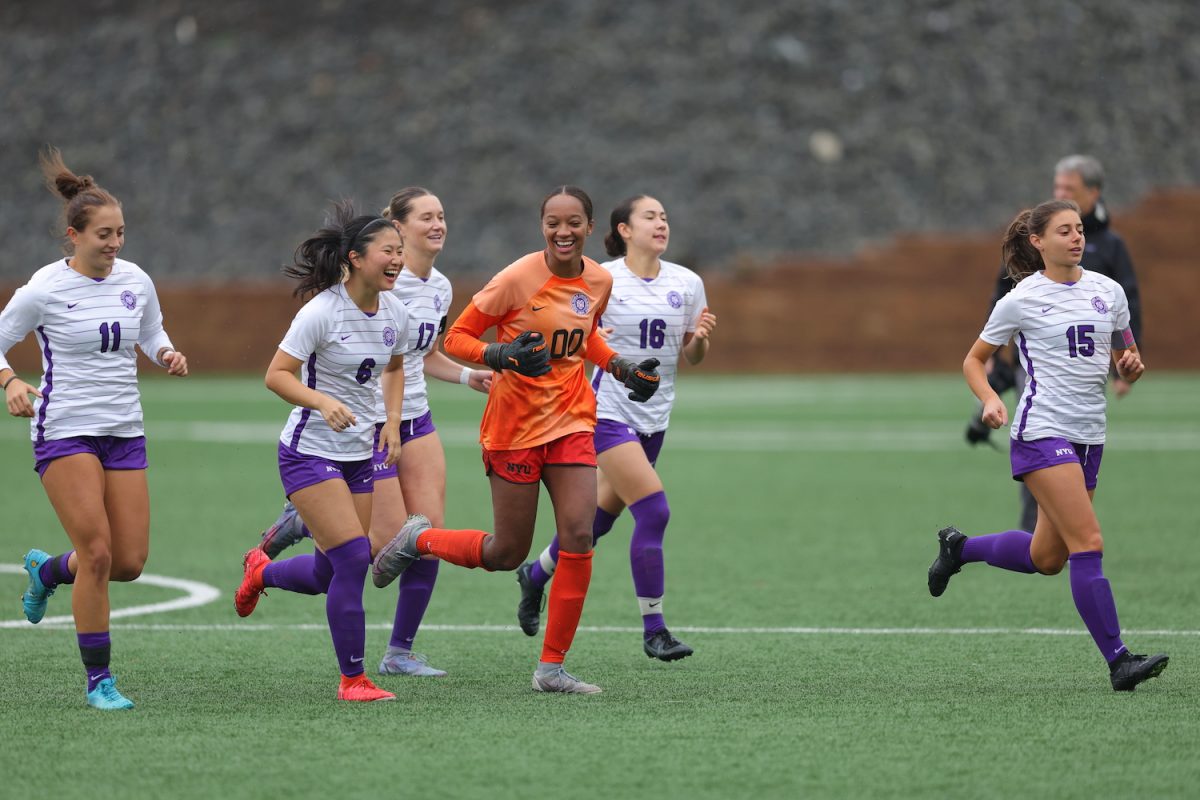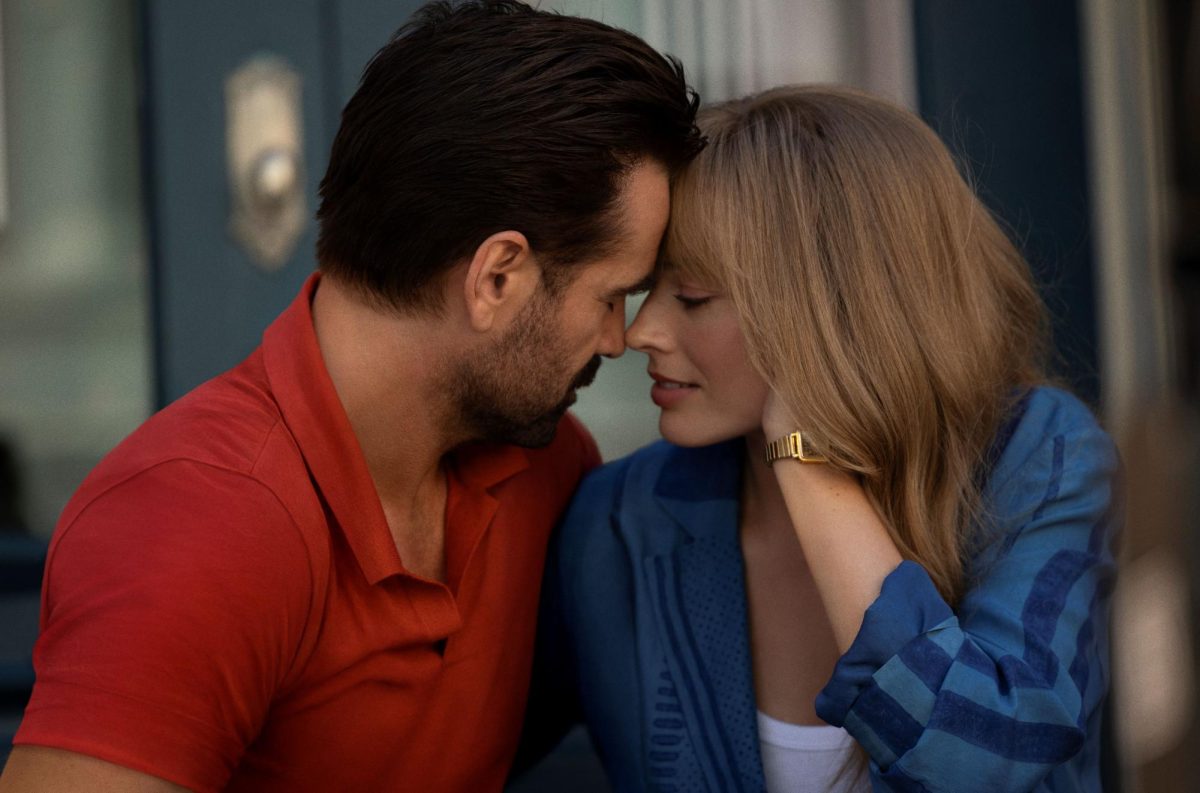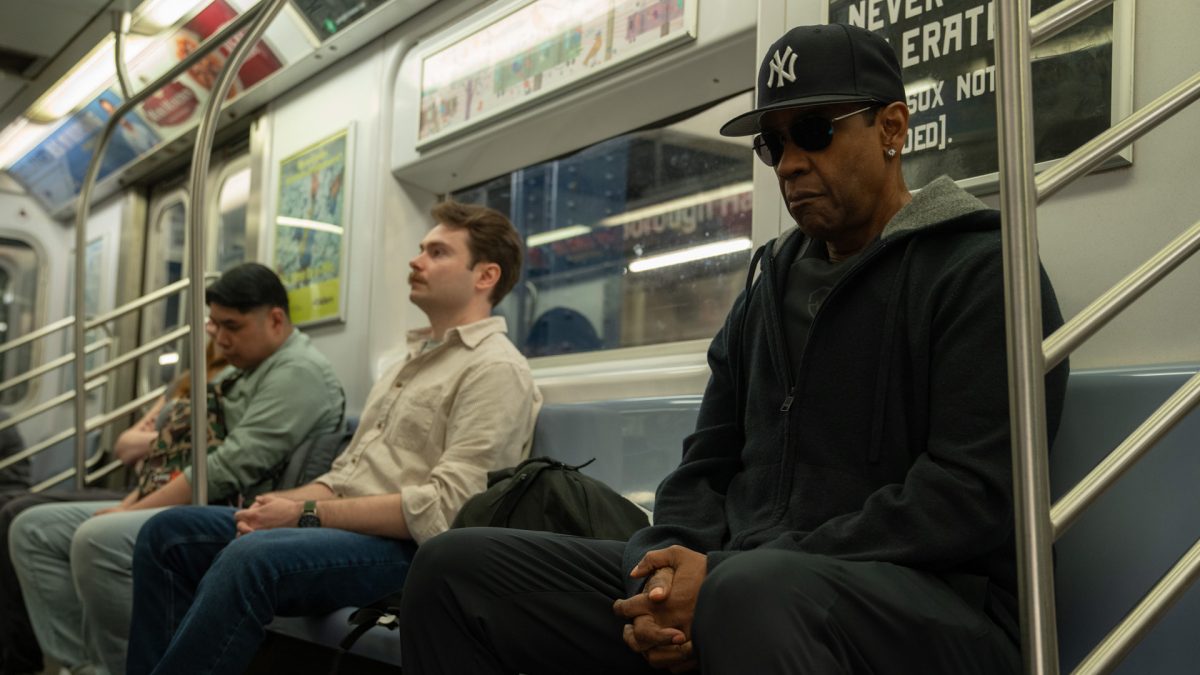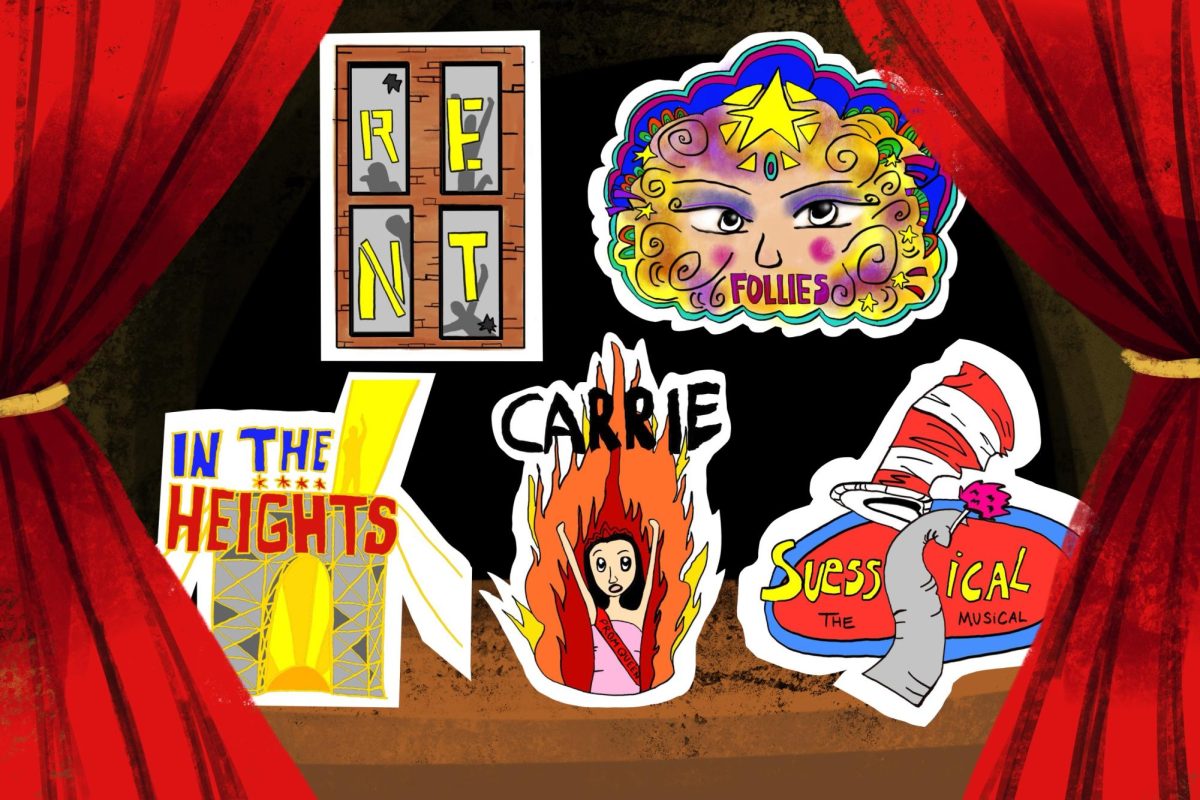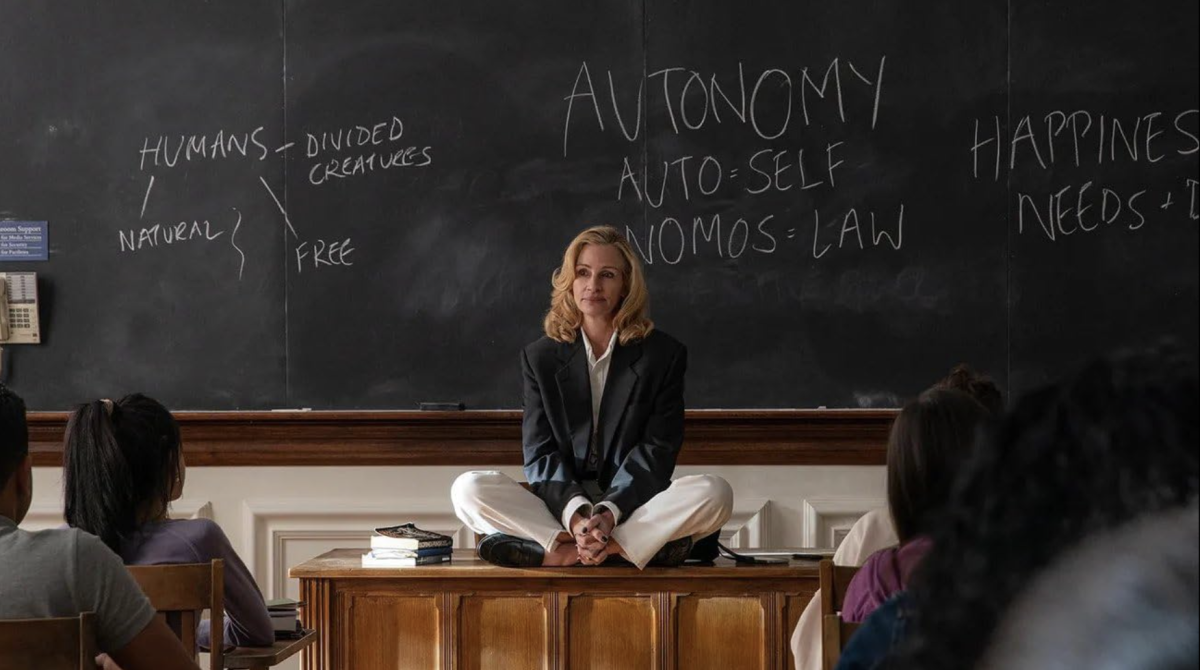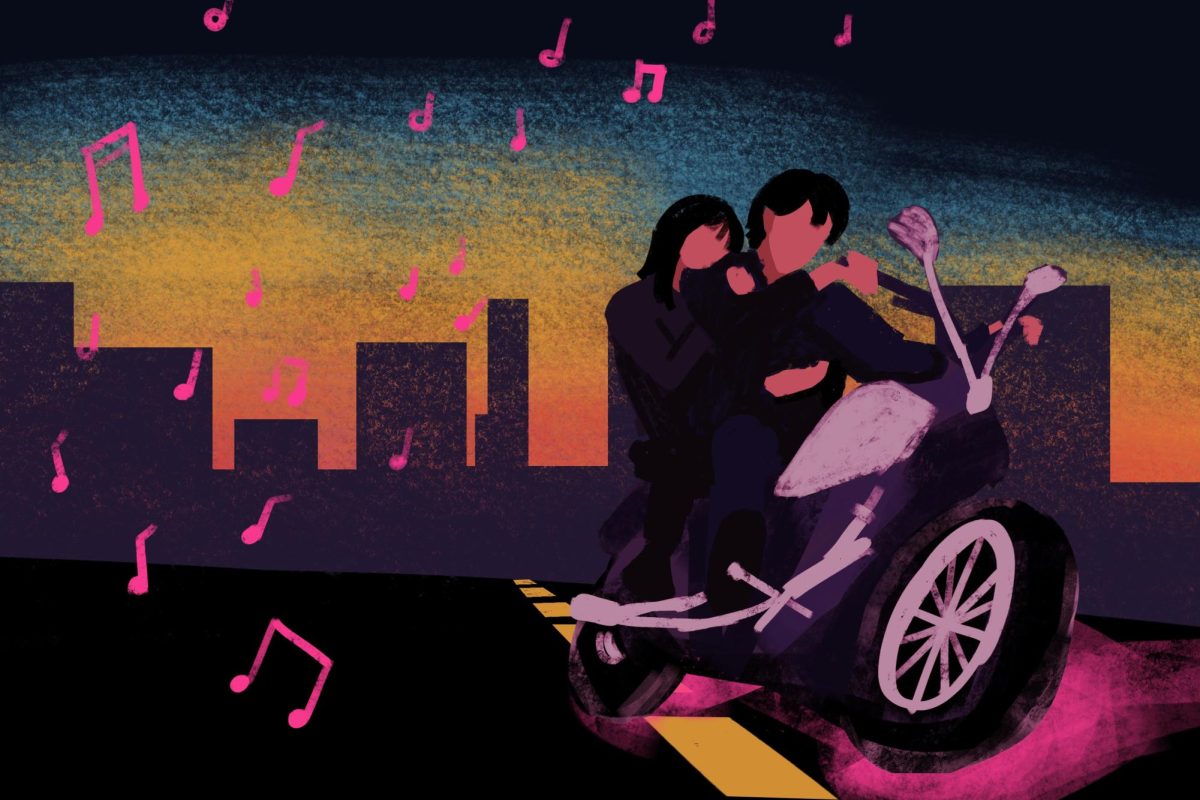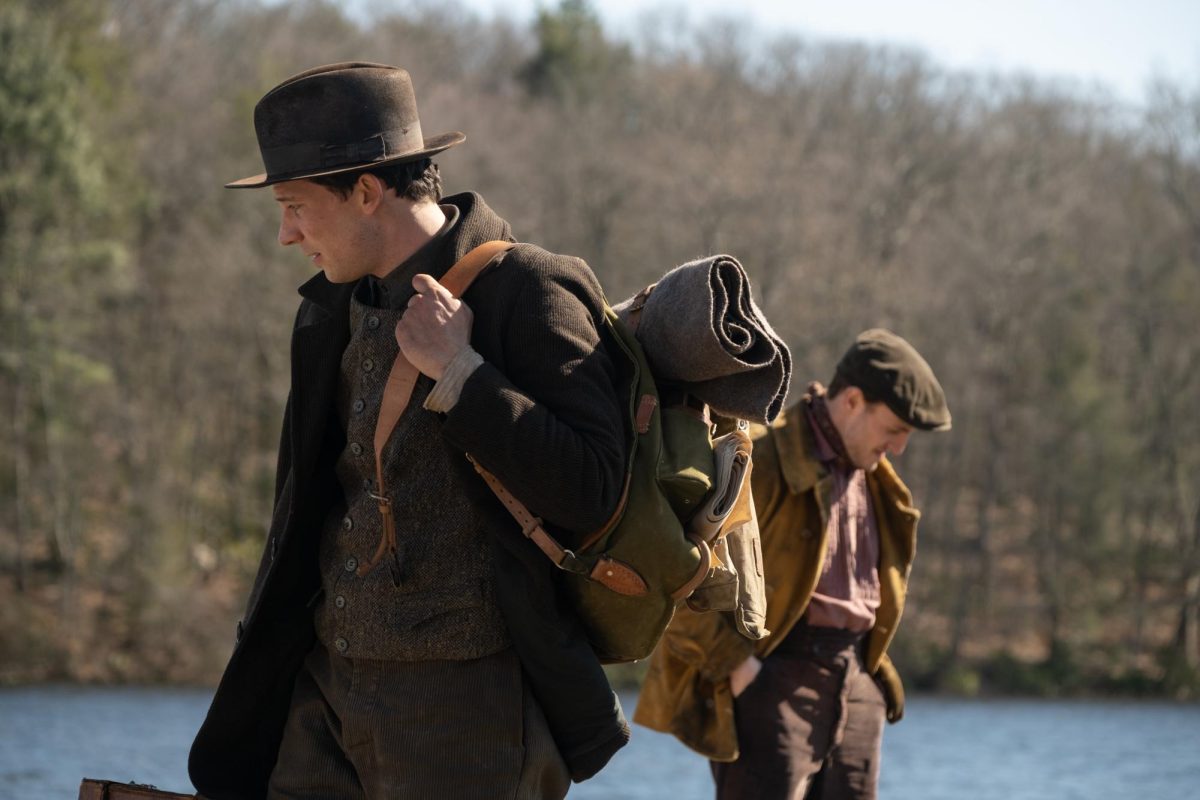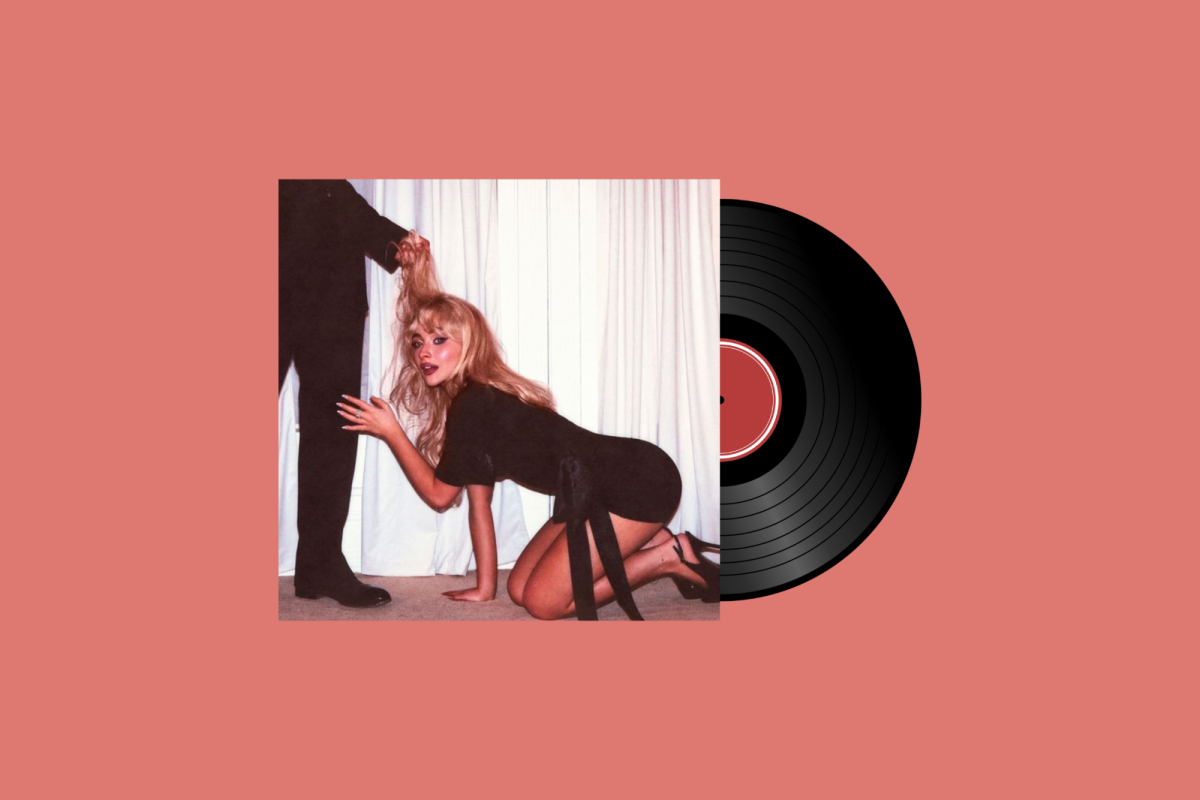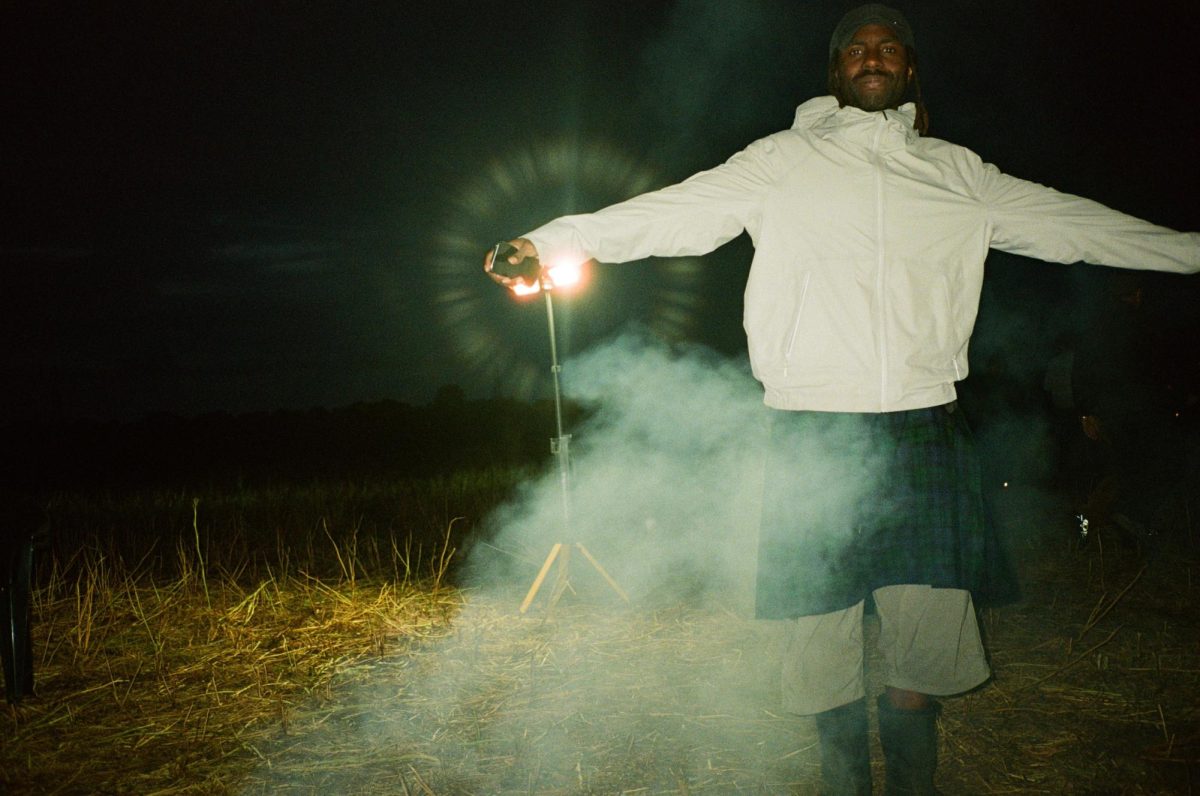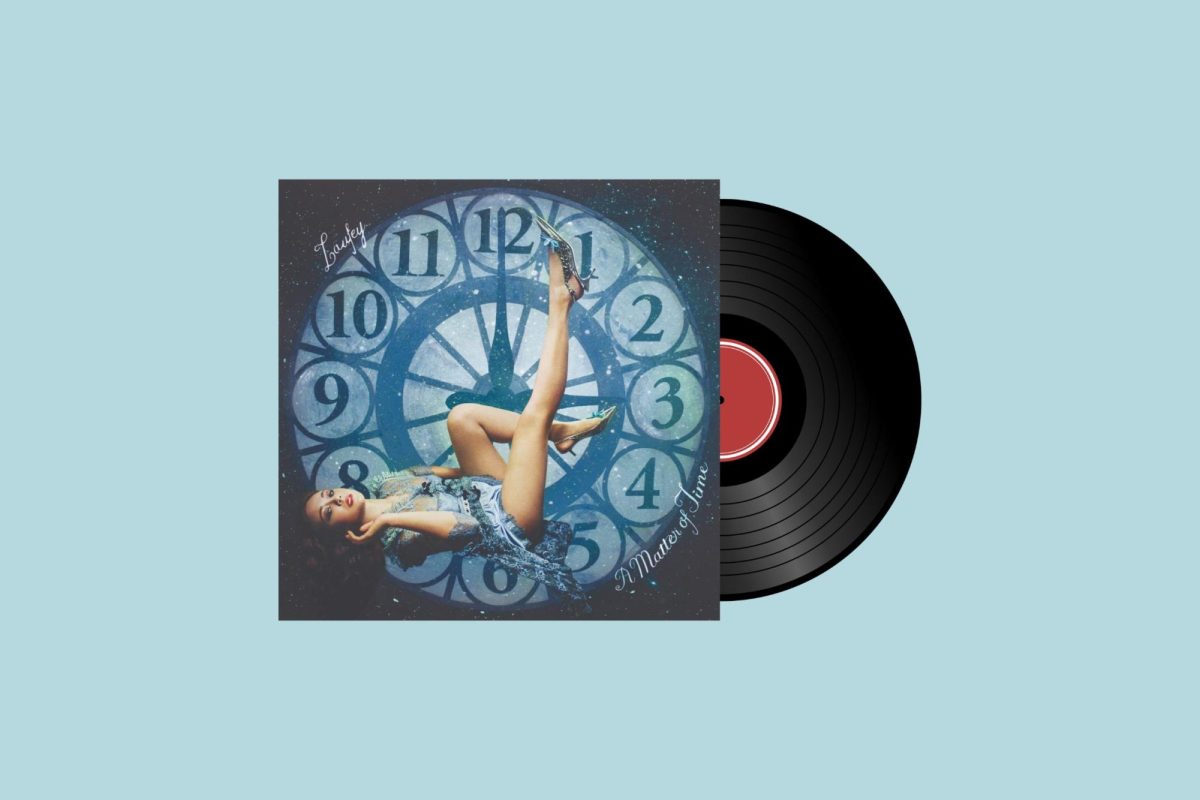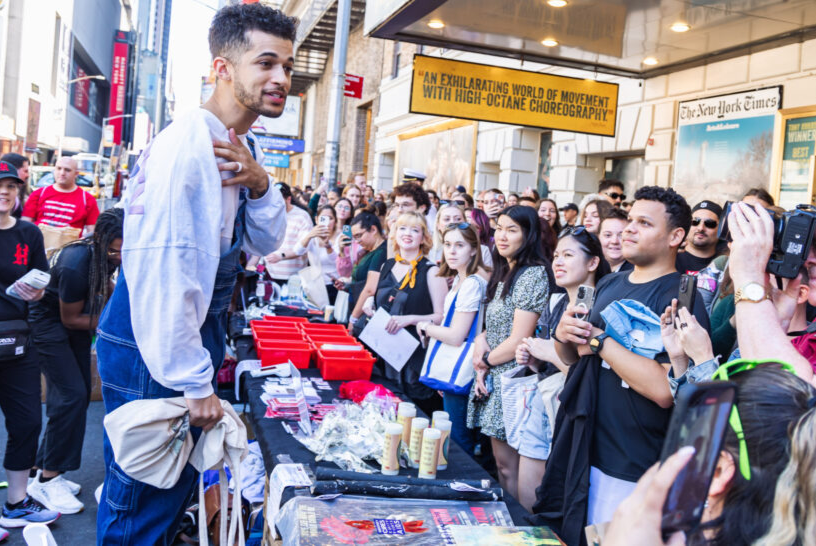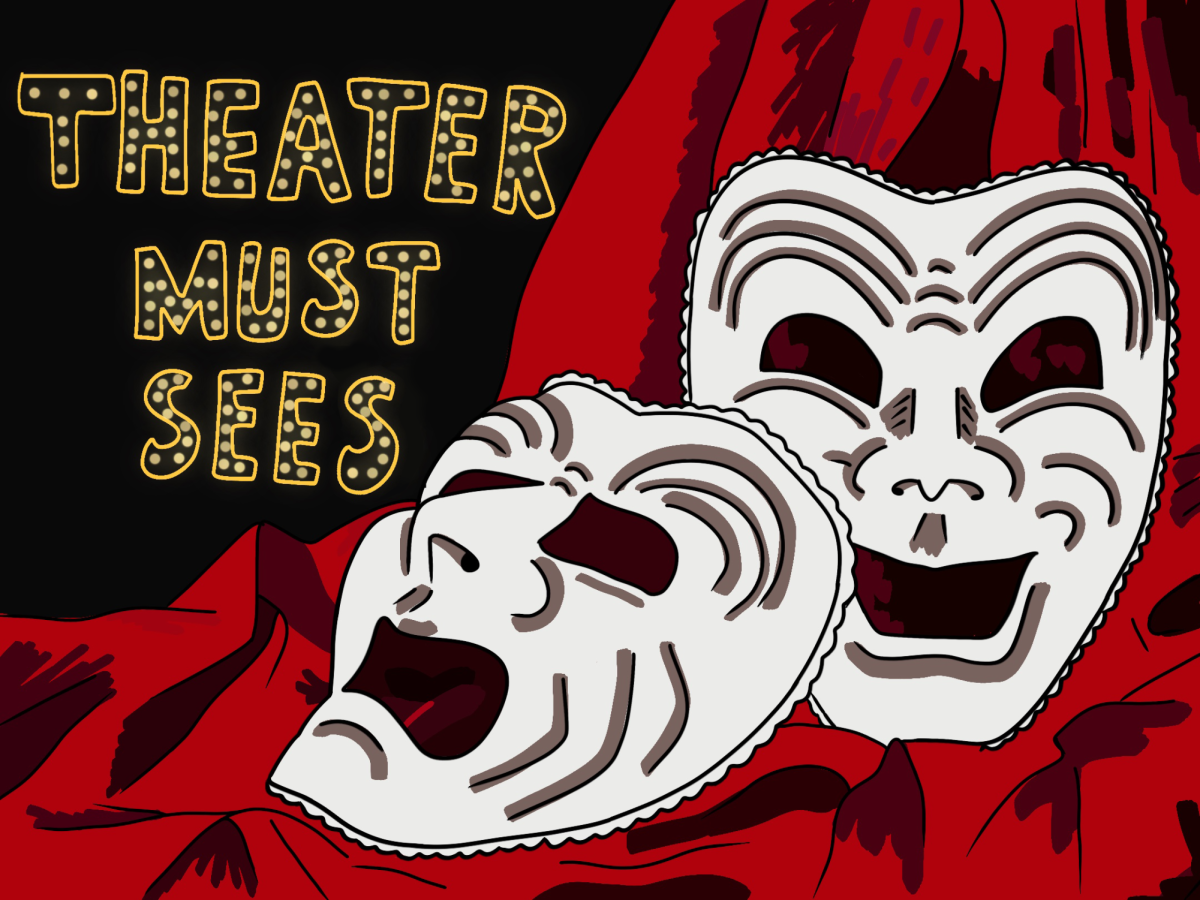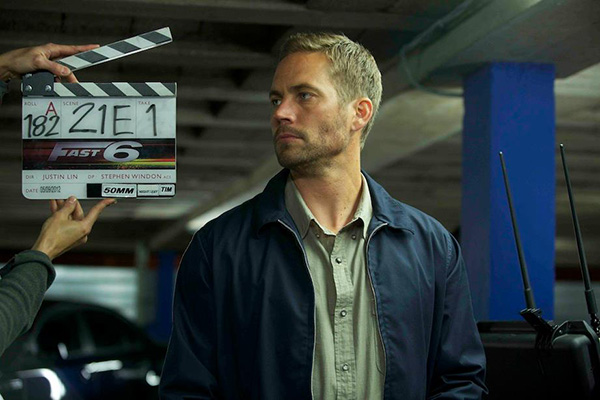
From the moment the camera flashed onto Paul Walker in his Mitsubishi Eclipse in 2001’s “The Fast and the Furious,” kids around the world dreamed of attaining the perfect racing machine.
Walker, best known for his role in the “Fast & Furious” series, unfortunately passed away on Saturday because of a car crash in which Walker was in the passenger seat. Since then, fans, friends and various celebrities have been in mourning. Many have gathered at the crash site in Santa Clarita, Calif., leaving flowers and mementos at the makeshift memorial. Tyrese Gibson, actor and close friend of Walker, visited the crash site and broke into tears among the vast sea of silent fans.
Off screen, Walker contributed to many charities and started Reach Out Worldwide, a charitable organization that raises funds for those affected by the typhoon in the Philippines and other natural disasters.
Events like these are what remind us of the fragility of our own lives. These highly publicized tragedies provide us with the lesson that no matter how famous one may be, no matter how young, caring or even how healthy, no one in this world is immune to death.
Controversy has sparked over whether Universal Studios should continue the “Fast & Furious” franchise — it was recently announced that “Fast & Furious 7,” in which Walker was scheduled to reprise his role as Brian O’Conner, has been delayed rather than canceled.
Whether Universal should cancel the franchise is a trivial matter. Walker’s life stood for something much more important than that franchise itself. He’ll be remembered for both his performances and his willingness and selflessness to give back to society solely for the good of helping the community. Unlike some celebrities, such as Sean Penn and Bono, Walker never publicized his endeavors to give back, nor asked for attention or praise.
The films should conti-nue because, even though Walker played a major role in the series, there are many other cast and crew who were equally involved, and it would not be fair to their efforts to end it entirely because of one key actor’s death.
Nevertheless, he now lives on not only through the legacy he left behind in film and television but, most of all, through his loving, charismatic personality offscreen which resonated deeply with everyone who was fortunate enough to have met him. To continue the series is to continue that legacy.
A version of this article appeared in the Tuesday, Dec. 3 print edition. Mohamed Hassan and David Leidy are staff writers. Email them at [email protected].

